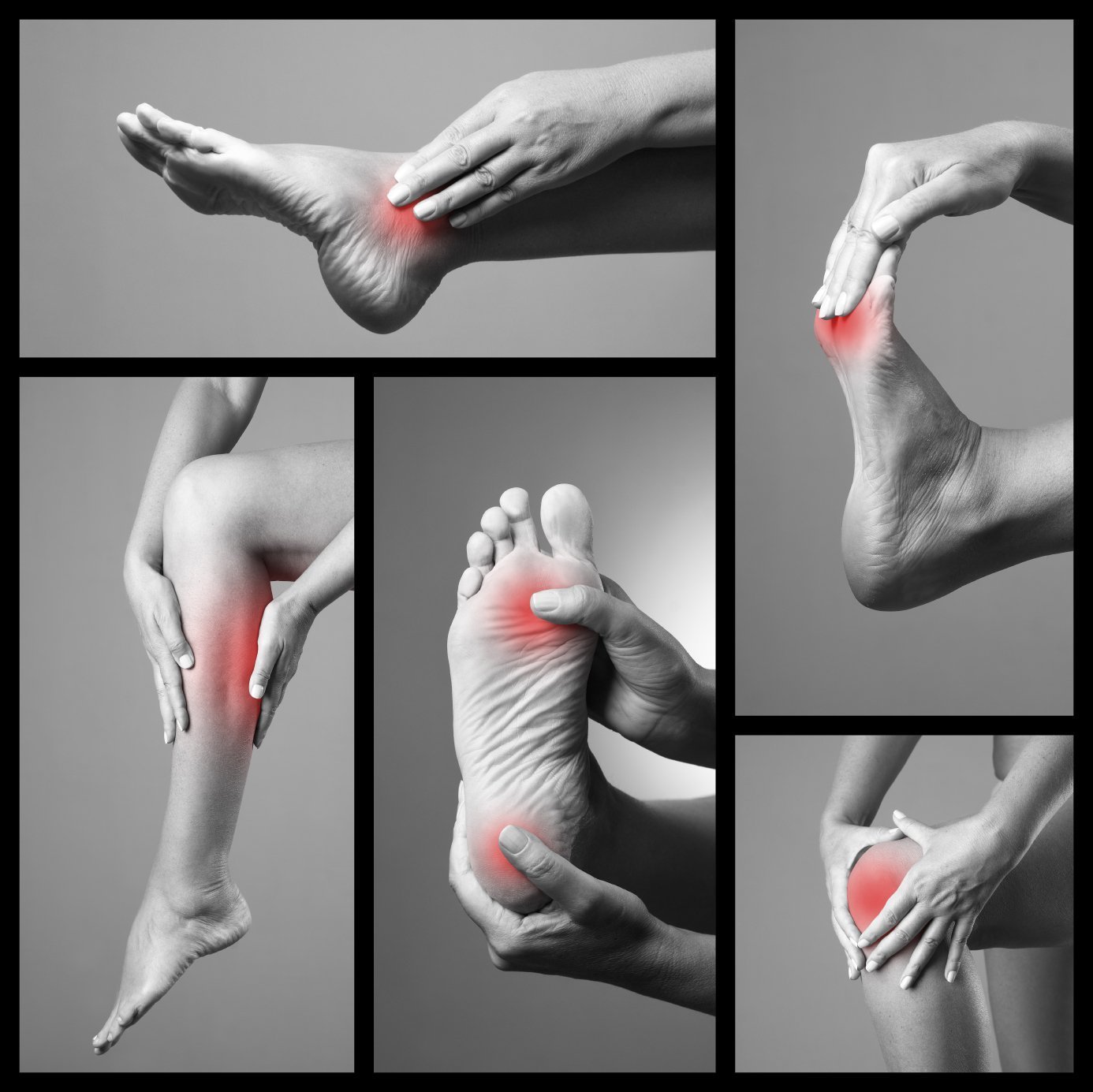The Health Benefits of Magnesium

Essential Reasons Why you need this Mighty Mineral
With another spring season drawing close,you may opt to go out and bask in the sun or enjoy the cool breeze. This could imply that you may up your activity level or even adopt a new exercise routine – which cramps and muscular tension may accompany. Low energy, facial and eyelid twitching in combination with the symptoms mentioned above may be signs of a mineral deficiency.
This article is about the mineral magnesium, why it is important in our bodies and what may happen if we don’t get enough.
Muscle Cramps – what are they?

Have you heard of charley horse or night cramps? They are painful spasms that commonly occur in the calf muscles, however other muscles may also cramp. Occasionally, leg cramps can jolt a sleeping person awake in the middle of a sound midnight sleep, equally, it can also occur at the peak of the day especially when you are engaged in activities like cycling and running. In addition, leg muscle cramps can last anywhere from a few seconds to around 10 minutes – and it can also be an indicator of a sedentary lifestyle.
Managing Sore Muscles
Magnesium is an old mineral that is pivotal to the stability of your muscles and health. Think about the functions of your internal organs (kidney and heart muscles), they need magnesium to operate effectively. Magnesium is also vital to the health of bones and teeth in addition to also being beneficial for your energy metabolism.In fact recent research has discovered the close link between bone strength and magnesium.
Muscle Pain and Mineral Deficiencies
Our bodies are dependent on adequate levels of minerals to function well. It is known that mineral deficiency, such as being low in magnesium, may contribute to muscle fatigue and pain. Physical therapists, such as chiropractors, often deal with patient complains such as back pain, tight muscles and poor posture. What they find is that patients low in minerals seem to experience muscular pains and aches.

It is also well known that after periods of exercise or physical activity our electrolyte (minerals that conduct electivity in our bodies) levels can drop. The implication of this is muscle pain. If this happens over the longer-term it could lead to a chronic deficiency, often resulting in fibromyalgio or related conditions.
How to replenish electrolytes?
You can replenish your electrolyte levels by consuming food or water rich in minerals. Think sports drinks, coconut water and daily mineral supplements. Another way to replenish those depleted minerals is to make an ‘at home’ DIY electrolyte drink. These drinks simulate the more popular and commercially available sports drinks yet for a fraction of the price.
Mix into spring water a pinch of sea salt, some lemon juice, a spoon of honey and coconut water. This is healthy for you, great after a hard training session and a natural way to replenish those depleted minerals.
Feeling Sore Muscles: Can Magnesium be the Answer?
Most athletes take supplements regularly, which contains the required amount of magnesium. Athletes understand the vital role that magnesium plays – it aids in the relaxation of muscles. Furthermore, for the prevention of muscles and spasm – magnesium is key. Magnesium works by preventing your muscles from permanently being in a contracted state. Thus, those unbearable cramps you feel at night may be a clear-cut sign of magnesium deficiency.

Again, some minerals and vitamins are also vital for muscle function, especially magnesium and potassium. Also,a study has revealed that increasing your magnesium consumption can help with the frequency of nighttime leg cramps, especially for expectant mothers. A daily dosage of 300 milligrams of magnesium is recommended by health experts. Eating foods that are rich in magnesium like lentils, quinoa and nuts, in addition to taking supplements, can help you attain the recommended daily dose.
Top 10 Benefits of Magnesium
- Aids muscle health and muscle repair
- Helps to boost energy
- Vital for muscle function
- Important for nerve function
- Alleviates spasms, muscle aches and cramps
- Helps to calm nerves and anxiety
- Helps prevent osteoporosis
- Aids sleep and relaxation
- Prevents migraine headaches
- Plays an important role in your body’s enzyme reactions
How Much to Take?

Males are thought to need around 400 mg of magnesium daily while most females would need around 300mg. Chances are high that you may lack the required levels of magnesium if you are not maintaining ahealthy and balanced diet.
Thus, a magnesium supplement might be an important vitamin that you may require to up your magnesium levels and maintain your energy and muscle health.
Consult a Healthcare Professional
If you are not sure about your mineral levels or if you are worried about mineral deficiency, please talk with your local health practitioner about this. They may recommend ways you can increase magnesium intake naturally or direct you to an appropriate supplement.